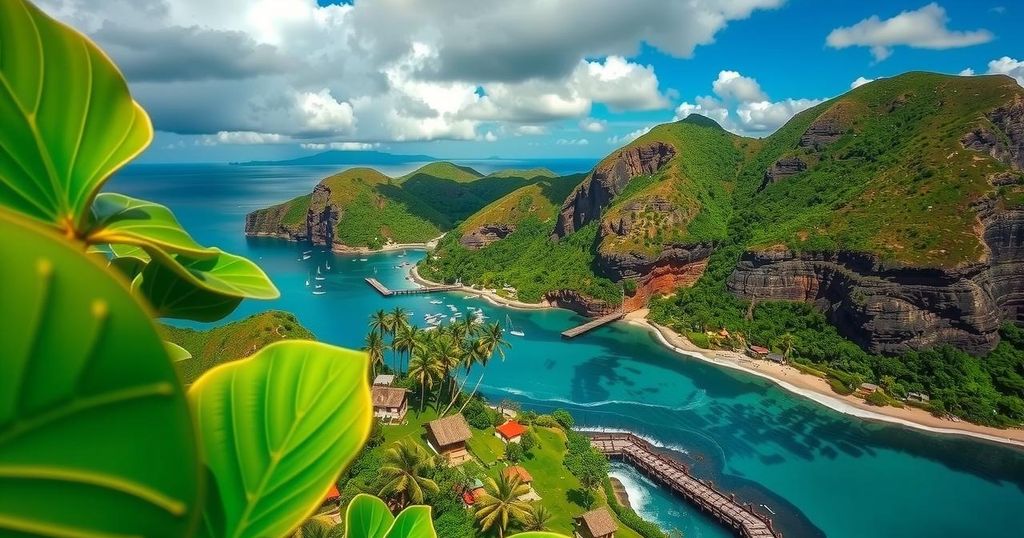Equatorial Guinea: The Unique Spanish-Speaking Nation of Africa and Its Key Facts
Equatorial Guinea is the only Spanish-speaking country in Africa, gaining independence from Spain in 1968. It is one of Africa’s wealthiest nations on a per capita basis but faces significant wealth inequality. The country is one of the smallest and least populated on the continent, experiencing decades of authoritarian leadership under President Teodoro Obiang Nguema Mbasogo, who has ruled since 1979. Its economy is heavily dependent on oil exports, which comprise over 90% of its exports.
Equatorial Guinea, formally known as the Republic of Equatorial Guinea, is located on the west coast of Central Africa and is unique as the only Spanish-speaking country on the continent. It became independent from Spanish colonial rule on October 12, 1968. The capital city is Malabo, situated on Bioko Island. Despite its rich oil reserves granting it significant wealth on a per capita basis, the nation faces challenges with income inequality among its citizens. In addition to Spanish, there are approximately 15 indigenous languages spoken, reflecting the country’s diverse cultural heritage. Equatorial Guinea ranks among the smallest and least populated nations in mainland Africa, comprising an area of 10,831 square miles and a population estimated at 1.67 million in 2024. The country’s political landscape has been influenced by the long-standing regime of President Teodoro Obiang Nguema Mbasogo, who has governed since 1979. His leadership has been characterized by authoritarian measures and extensive control despite some easing of restrictions over the years. The country’s economy heavily relies on oil production, accounting for over 90% of its exports. While this reliance on oil has historically provided significant economic benefits, it has also rendered the economy vulnerable to fluctuations in global oil prices. Thus, Equatorial Guinea stands out not only for its scandals but also for its intriguing history and economic complexities.
Equatorial Guinea, located on Central Africa’s coast, remains the only Spanish-speaking nation on the continent due to its colonial past. Despite its oil wealth and high nominal GDP, the distribution of wealth among citizens is highly unequal. The long-standing dictatorship of President Teodoro Obiang Nguema Mbasogo has shaped the current political climate, characterized by repression and limited political freedoms. Knowledge of Equatorial Guinea is often overshadowed by its political issues, which obscures the country’s rich culture and history.
In summary, Equatorial Guinea is a nation marked by its unique linguistic identity and substantial natural resource wealth, juxtaposed with socio-economic challenges and an authoritarian political regime. Its economic reliance on oil makes it susceptible to external market conditions, while its small population and land area contribute to its distinctiveness on the African continent. Understanding Equatorial Guinea requires a comprehensive view that encompasses both its historical context and present-day realities.
Original Source: www.pulse.ng




Post Comment